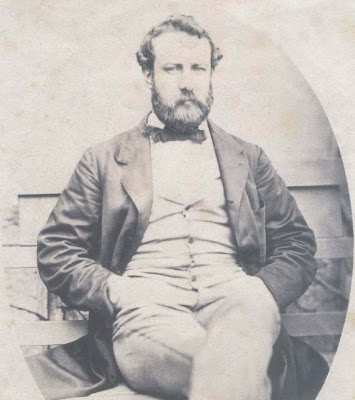433. Any piece of our work is a service

One day teacher of English B said to teacher of English A, "A teacher I knew strove for making their students better persons, respecting their own freedom exquisitively. She reckoned they are children of God and she naturally used to have this idea as a natural background. She was forward, trying to set an example. Rarely did she set punishments or useless ones. She was nice and tried to put in their students' shoes. Just her solely presence, always attractive and friendly, prevented the rascals from doing wrong. A sincere smiling, a warm one, appeared in her face whenever she saw something good, achieved by the kids. Nevertheless a discreet, piercing, sometimes sad, and compassionate look, refrained the disobedient. With this simplicity and charming cordiality she was educating the young." / Photo: co-collection%20split%20rear-loader swamper separates www gov chilliwack bc ca



















